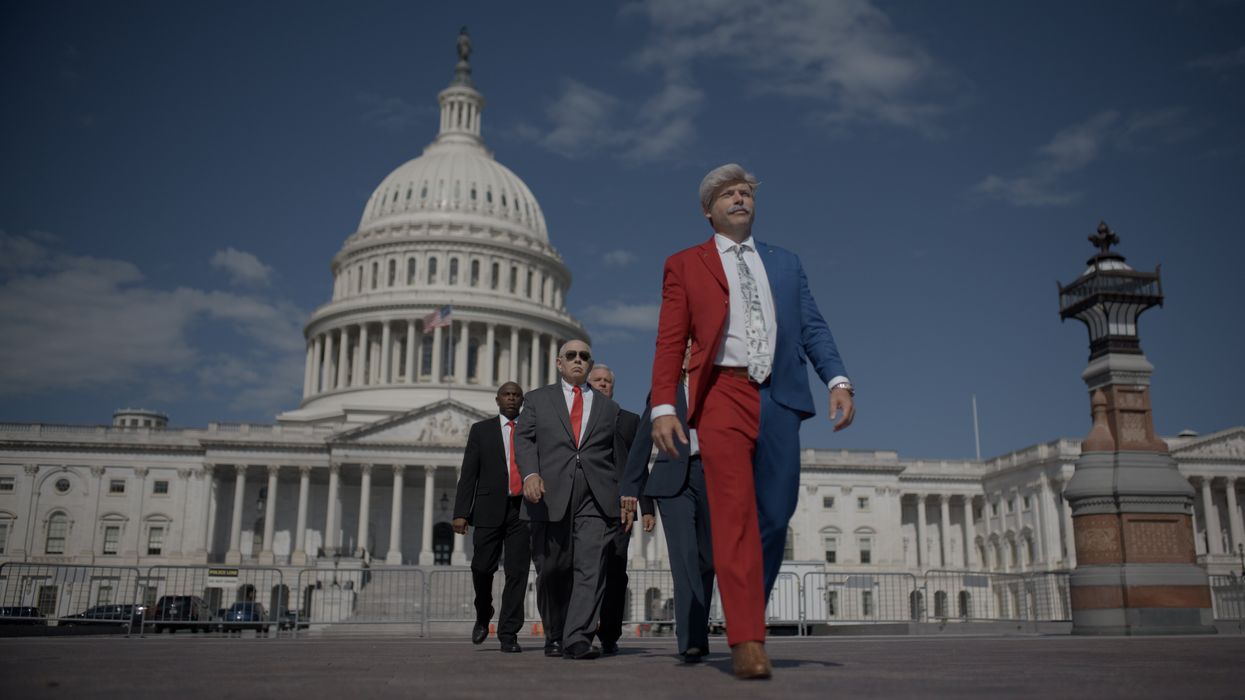The Fulcrum has published many writings over the years about how pop culture in America has amazing healing and connecting powers. Our nation’s history is rich with examples of how artists, entertainers, athletes and creators of every kind invite us into a space of transcendence that leads to connectivity. We see that when we join people together their energy can be harnessed for good, and then amplified and scaled.
Certainly comedy fits in perfectly. Laughter is the embodiment of depolarization. Just consider that in order for something to evoke laughter, it has to have the capacity to both hold tension and release tension at the same time.
As far back as Benjamin Franklin and Mark Twain, humor has been used to call into question the actions of those in power. And that tradition continued throughout our nation‘s history with humorists such as Mort Sahl, Lenny Bruce, Dick Gregory, Jonathan Winters, Richard Pryor, George Carlin, Jon Stewart, Stephen Colbert, Trevor Noah and many, many more.
And the tradition continues today in many forms. About a year ago Tony Zorc, after a successful career as a bootstrapped technology entrepreneur and author, decided to further the building of a community needed to fix our country's broken political system. He created Congressman Curly, an organization with a mission to end this divide in a unique way.
Congressman Curly, a nonprofit organization with a mission to advance cultural political unity among U.S. citizens, has officially launched a live entertainment act called "Congressman Curly's Rockin' Comedy Show" in the Washington, D.C., metro area.
The act combines traditional stand-up comedy, music, sketches and storytelling to roast the Democratic and Republican parties.
The goal is simple: to use entertainment to drive political cultural unity in the United States
The main character, Congressman Curly, performs in a split red and blue suit and serves as a metaphor for what Zorc describes as a "corrupt Democratic-Republican duopoly."
"As more citizens feel disempowered to make any political change, they have checked out from politics altogether. As more people have checked out, they are not aware of how much more corrupt Washington has become in the last 20 years. Congressman Curly brings awareness of just how bad things have gotten in a fun way," said Zorc.
Zorc has further described the act as 100 percent original, not only regarding the show's content, but in its approach to combining political activism and entertainment. The show has a 12-song soundtrack available for streaming on several music streaming platforms.
Congressman Curly claims not to take sides on divisive social issues and promotes a solution to fix Washington with the formation of two new political parties with commitments to term limits and citizen-only funding built into their identical bylaws, to compete against the duopoly.
The act is playing through Aug. 21. Shows are being planned in Florida in the fall and then again in the D.C. area before the end of the year.




















Trump & Hegseth gave Mark Kelly a huge 2028 gift